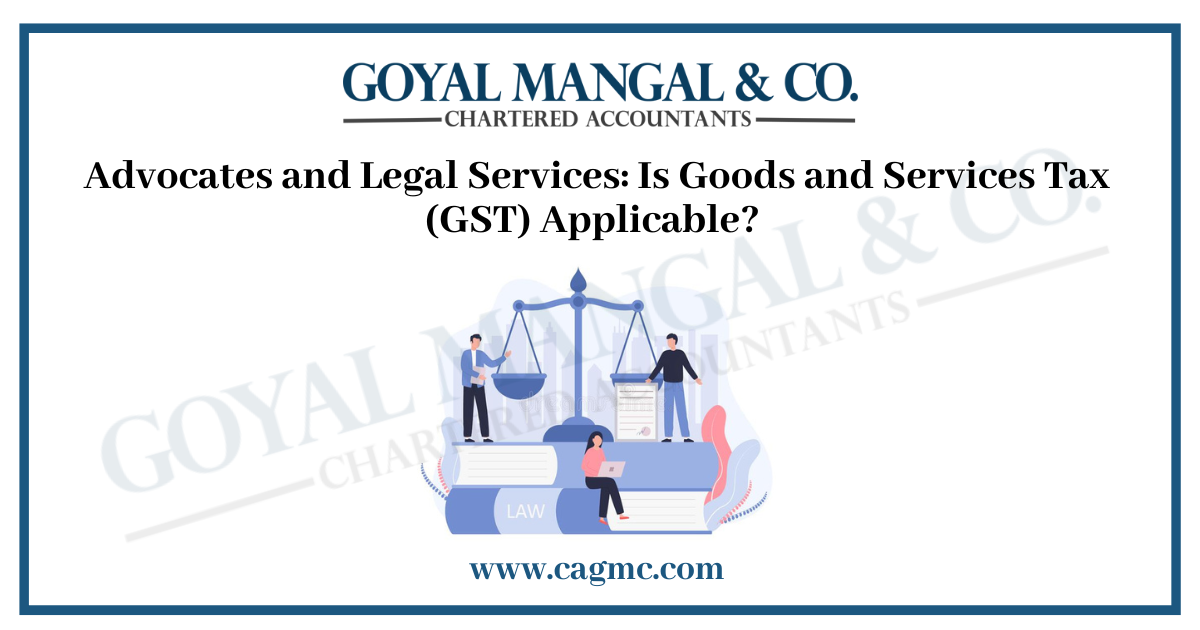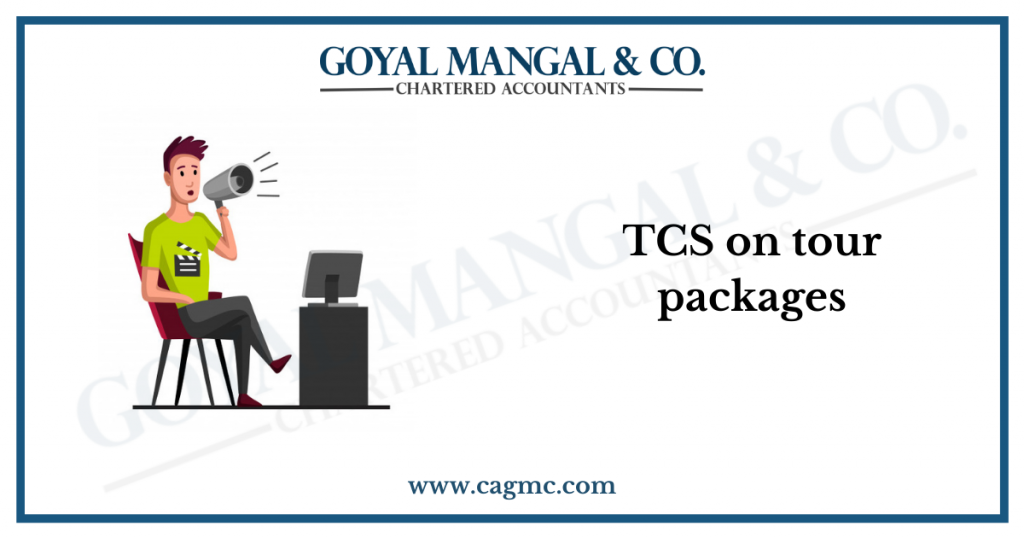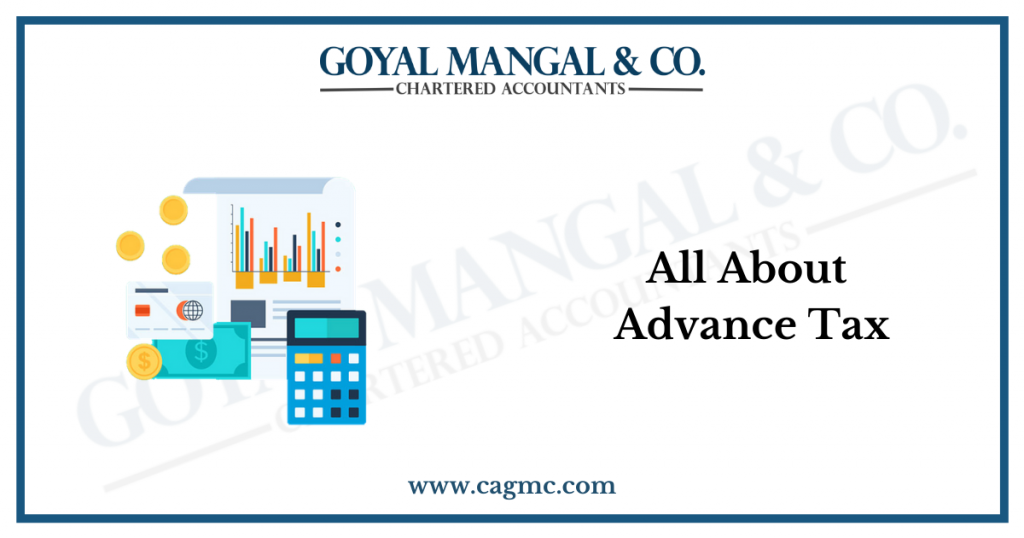 It is generally assumed that individual lawyers and law firms are exempt from GST on legal services. However, whether GST applies to lawyers, legal firms, and their services is not answered yet. Let us discuss the GST on Advocates and Legal Services.
It is generally assumed that individual lawyers and law firms are exempt from GST on legal services. However, whether GST applies to lawyers, legal firms, and their services is not answered yet. Let us discuss the GST on Advocates and Legal Services.
|
Table of Contents |
GST on Legal Services
When an advocate or law firm renders any type of legal service to a commercial entity with a total turnover of Rs. 20 lakhs or more in the previous financial year, the advocate or law firm is subject to GST. When a senior advocate provides legal services to another advocate or law firm, GST is also charged for the legal services. The taxation of legal services has not changed since the inception of the GST Act. It does not apply to lawyers or law firms in the area of reverse or forward fees. The Central Goods and Services Tax Act, 2017 (“CGST Act”) was enacted along with other GST legislation to consolidate all indirect taxes into a single levy.
Is GST applicable on legal fees and services?
Legal services provided under item 2 (amendment) of Notification No. 12/2017 – Central Tax (Rate) as of 28.06.2017 defines it as follows – “Legal service is any service provided in connection with advice, guidance or assistance in any legal branch, in any way and includes representation services before any court, tribunal or authority”.
Before the imposition of GST on lawyers and law firms, legal services were brought under the ambit of indirect tax through the Finance Act of 2009. The aim was to extend the indirect tax regime to all areas of economic activity. This imposed service tax on legal services under the category of ‘legal advice’ which was taxable.
In 2012, the Service Tax Act introduced the negative list regime. Here, the government has included a special exemption from GST for any kind of legal services provided by an individual or a law firm. However, in conditions where the fee is based on the transfer of tax liability, the obligation to pay service tax is not exempted. This means that the responsibility was on the service recipient/client.
So, lawyers and law firms did not register. Whereas now GST for law firms and GST for legal services have to be in line with the newly set GST regime of 2017.
Previously, both service providers and recipients did not have to pay taxes. But if you took the same services from a person who is not a legal practitioner, it was taxable. However, there is now GST on solicitors’ fees or solicitors’ fees, but they do not have to pay GST. So if a lawyer practices in a firm or is self-represented, he must first get registered under GST. Registration under GST for lawyers is not currently mandatory. Also, you don’t have to pay any professional tax as all taxes are a combination of one.
What is a Reverse Charge Mechanism?
The primary principle followed in the collection of indirect taxes is the collection of tax by the manufacturer, seller, or service provider from the consumer of the goods or services. The manufacturer or service provider then deposits the tax with the revenue authorities in India after adjusting their output duty.
An individual advocate, including a senior advocate, provides the GST rate on legal services. To represent the client before any court, tribunal, or authority in a taxable territory, these services are subject to tax under the GST laws of India.
GST on RCM
The RCM on legal services also applies if a contract for the provision of legal services is concluded with another lawyer or law firm. It also applies if the services are provided by another lawyer or law firm in the tax territory.
Transfer of tax liability under the “Goods and Services Tax and Legal Services” mechanism transfers the obligation to pay taxes to the recipient. GST for legal services received by the client is paid and deposited by the recipient of the service directly to the government under Section 9(3) of the Central Goods and Services Tax Act 2017.
Under the GST reverse charge mechanism for legal services provided by advocates, they must first register. Like other service providers with total revenue of more than Rs. 20 lakhs GST is levied on legal fees.
This was approved by the GST Council where GST would be charged on lawyers’ fees and services. This is also within the category of transfer of tax liability provided by an individual lawyer and a senior lawyer.
Placing lawyers and law firms in the chargeback mechanism increases their cost structure. Thus, the GST Council meeting clarified that GST on legal fees in India will be applied on a reverse charge basis.
Practicing Advocates Exempt from Service Tax/GST
- Hon’ble Orissa High Court in Devi Prasad Tripathy Vs. The Chief Commissioner of CGST and Central Excise [W.P. (C) No. 27727 of 2020, dated the 22nd April 2021] quashed the notice demanding payment of service tax/GST issued to advocates. They opined that practicing advocates should not face harassment because the finance department will ask them to pay service tax/GST when they are exempted from it and at the same time they have to prove that they are practicing advocates.The court observed that the petitioner should have produced “documentary evidence to prove his claim that he is a practicing individual lawyer and is not subject to GST or service tax”. The Court also heard other advocates present before the Court who stated that they too had received such notices in this regard.
- Bombay HC stayed service tax application by Advocate: Further, Hon’ble Bombay High Court in Sanjiv Madhusudan Shah v. Assistant Commissioner of CST & Ors. [Writ Petition (L) No. 646 of 2021, dated the 12th January 2021] stayed the issuance of the request for disposal of the application for assessment of service tax to the advocate and issued a notice to the Revenue Department to seek a reply in the matter. Given the petitioner’s contention that the Central Government has issued several exemption notifications where services provided by an individual as an advocate or as a partner law firm through legal services are exempted from service charge. Further, there is a provision for recovery of service tax from the recipient of service and if he ignores it, the demand notice was issued mechanically. However, the petition was handled as withdrawn on 20 April 2021.
Final words
If the beneficiary is a business entity with a total turnover up to the limit, the legal service is exempt. The basic service is again exempt from tax, so there is no question of the transfer of tax liability. Therefore, if the legal services are not exempt and the recipient is a business entity based in the tax territory, then the recipient will register for GST to pay tax as part of the transfer of tax liability. However, in the case of legal services, including representation services, provided to a business entity by a lawyer, including a senior lawyer, the recipient of the service, i.e. the Client, is obliged to pay GST according to the RCM, which is the business entity.


